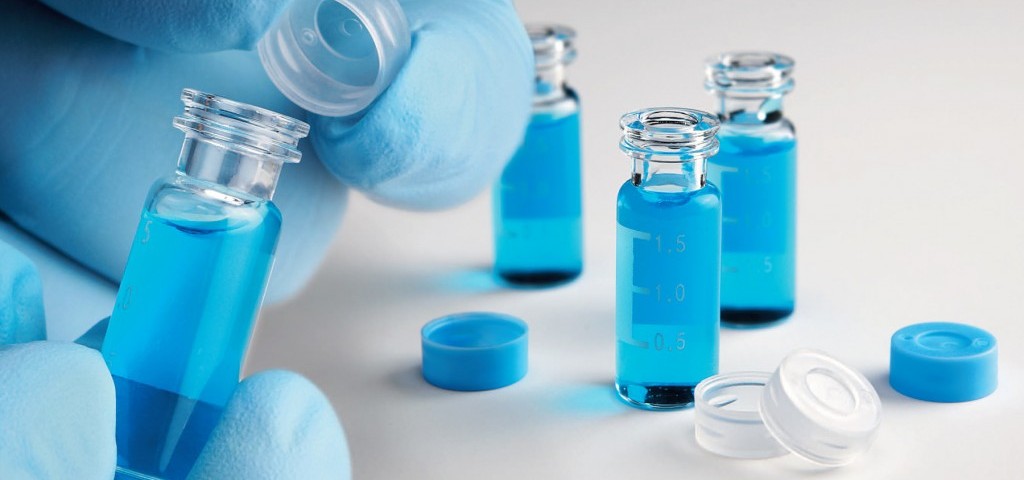The results, “Baricitinib in Patients with Refractory Rheumatoid Arthritis” published in the New England Journal of Medicine, revealed the study met its primary endpoint of improved American College of Rheumatology 20 percent (ACR 20) response for baricitinib versus placebo at week 12. ACR 20 represents at least a 20 percent improvement across selected measures of disease activity.
The RA-BEACON (ClinicalTrials.gov Identifier: NCT01721044) study enrolled 527 patients who had previously failed at least one anti-TNF therapy, and included a high percentage of patients (199) who had also received prior treatment with one or several non-anti-TNF biologic agents.
Over 24 weeks, study participants received either one of two doses of once-daily baricitinib (2 mg or 4 mg) or a placebo in addition to their background conventional disease-modifying anti-rheumatic drug therapy (cDMARDs).
The study endpoints measured at week 12 included the ACR20 response, the Simplified Disease Activity Index (SDAI) score of 3.3 or less indicating remission, the Health Assessment Questionnaire–Disability Index (HAQ-DI) score and the 28-joint Disease Activity Score based on C-reactive protein level (DAS28-CRP). The comparison analysis with placebo was firstly performed for 4 mg of baricitinib and then for 2 mg.
“The findings from the RA-BEACON study suggest treatment with baricitinib is associated with meaningful improvements in RA symptoms,” Terence Rooney, M.D., Lilly’s senior medical director for baricitinib, said in a press release. “The baricitinib clinical development program includes a wide range of patients across the RA treatment spectrum. If approved, baricitinib may be a valuable option for rheumatologists and patients who are looking for new alternatives to treat this debilitating disease.”
The results revealed that at week 12 more patients treated with 4 mg of baricitinib, when compared to those who received a placebo, had an ACR20 response (55 percent vs. 27 percent). Also at week 12, differences between the higher-dose baricitinib group and the placebo group were statistically significant for the HAQ-DI score and the DAS28-CRP. These significant improvements in ACR response rates, DAS28-CRP and HAQ-DI were maintained through week 24.
Adverse-event rates through 24 weeks were greater for patients treated with 2 mg of baricitinib and those with 4 mg, compared with patients treated with a placebo (71 percent, 77 percent, and 64 percent, respectively), including infections (44 percent, 40 percent, and 31 percent, respectively).
“The RA patient community is diverse and there continues to be a need for more therapeutic options that address individual treatment needs, including in patients whose disease has not responded to TNF inhibitor therapy,” said Rich Levy, M.D., Incyte’s chief drug development officer.


